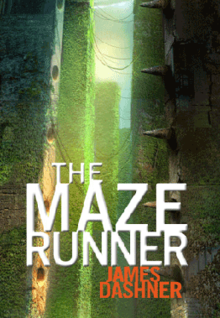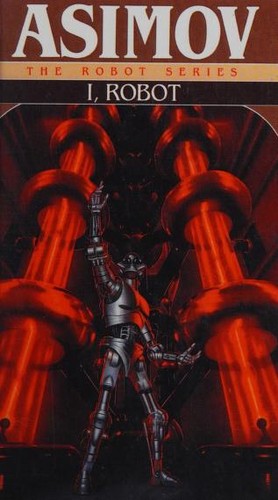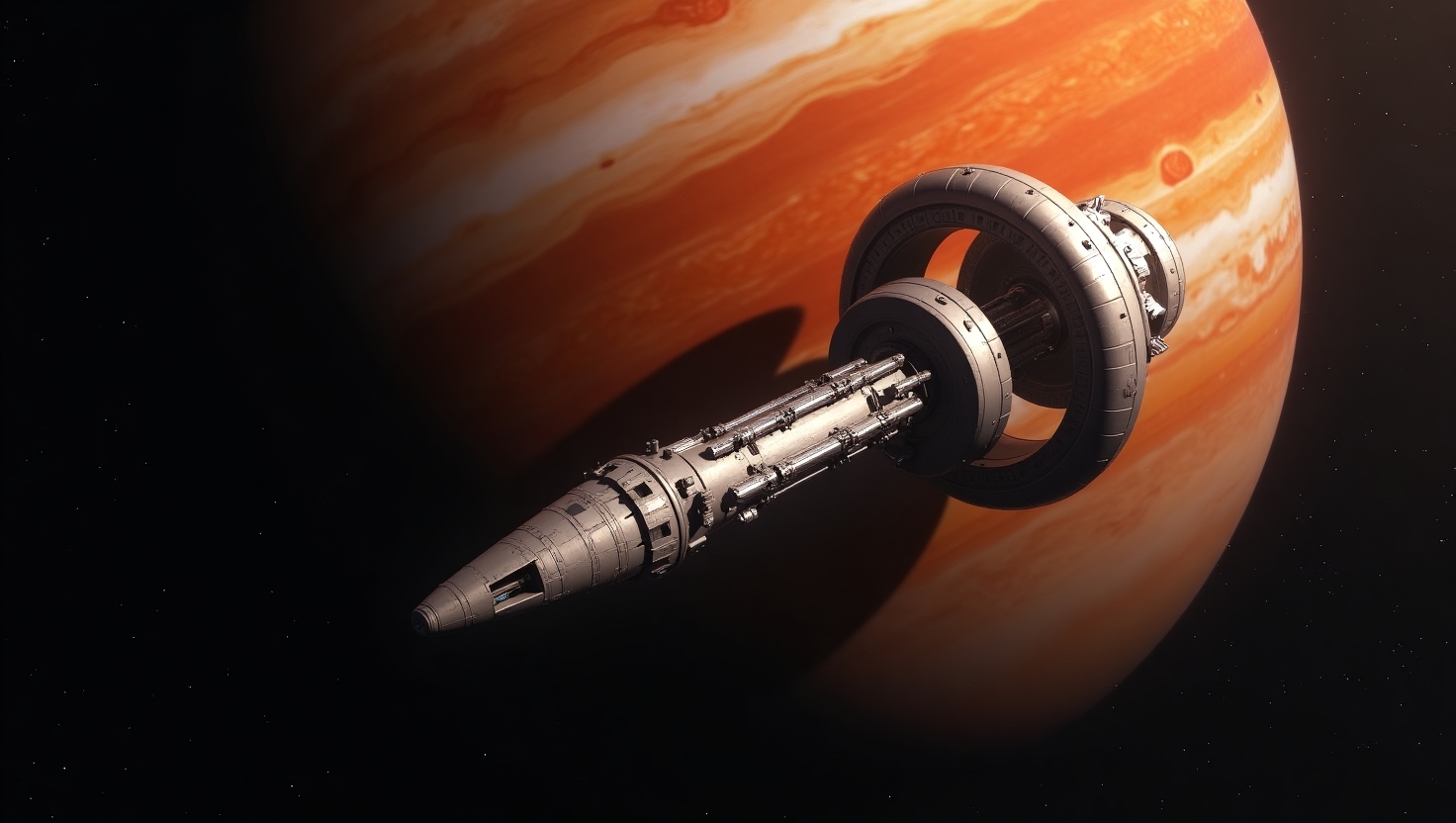I think I found my new favorite genre to read. If you are not familiar with the term ‘hard sci-fi’, you will know what I mean if you picked up Andy Wier’s smash hit The Martian when it came out a few years ago. Now, for some reason I have bounced off a lot of science fiction that I have tried to read, possibly because of the technobabble, and possibly because of the tendency for spelling out unreasonable or flat-out dystopian futures. I grew up around the time when it seemed like every year there was a new dystopian YA novel flying off of shelves every year and into our middle school library. I read them, and I enjoyed them. (My favorite was The Maze Runner, obviously.) However, these kinds of stories, combined with the incessant and highly stressed notion of approaching climate doom that our educators taught us was our responsibility as the next generation to contend with, do not inspire much. I am uniquely a product of the San Francisco dot-com boom, so I expect this is not the case for everyone, but I suspect that many other generation-z will have had a similar experience to mine with this genre trend.

As for the classics of the sci-fi genre, their most important themes seem to have already long been re-tread and subverted again by the time the 21st century rolled around. Isaac Asimov’s I, Robot is a favorite of mine, and a true classic. It takes you through its most important moments in it’s history of the future of the United States, and imagines a future where technology and industry has produced something truly great, despite. It was very exciting for me, later on, to discover LessWrong and witness the dead-serious discussion of the demerits of the ‘Three Laws’. Speaking of dystopian fiction, you can find some of the very best on that website (no malarkey!) I digress. What’s important about I, Robot, aside from what it explores with AI, is that it tells of a technology that seems to fit in, more or less, with the way the world currently is going. It’s about going places, doing stuff. Things. Our global market economy that causes suffering and hopelessness for many also creates the conditions for a high-tech industry to emerge that potentially better our lives overall. This is definitely a flawed and uncertain belief to adopt, but it’s better than believing in doom. Isaac Asimov does not taut his scientific knowledge in I, Robot, but his fiction feels more real because I want that future badly enough to believe it. That’s part of why I’ve found myself on this recent ‘hard sci-fi’ kick.

I realize that it’s possible I might come across as some sort of snob by saying that I need my science fiction to be “realistic”. But the realism is only important for what it means to the characters, not because my OCD requires it to be to read. When the characters exist in the same universe that I know, it inspires me to think about what might be possible in my lifetime. It inspires me think about what I can do, today, to build something great with technology.
Specifically, I’m a big fan of the ‘realistic space mission’-type story. Currently, I’m reading The Flight of the Aphrodite by SJ Morden. I highly recommend it. There’s something about a talented generalist working hard to keep their ship afloat that resonates with me. The crew of the ship are modern day explorers as well as engineers and scientists. But also, keeping the ship afloat and keeping the crew alive makes a great analogy for keeping your head in order, and navigating modern life in general. I think that the inside each of our minds there is is many vital systems, an engine, navigation, life support, etc. There is also several crew, and even a captain. Perhaps your captain is a bit of a tyrant. It’s a bit like the society of mind, which is a theory of mind from the AI godfather Marvin Minsky, where the mind is made up of separate “agents”, each with a well-defined mechanical purpose, which, when put together, form a greater intelligence. Not something I know all that much about, but another similar idea you could look to is internal family systems in personality psychology, where the mind is made up of many well-meaning but flawed individuals, each with their own fears and interests. It even comes up in nondual meditation practices (Mahamudra), but I prefer the spaceship model. Thinking of my mind this way has been good for me. You have to be rigorous and exact by following the mission profile if you want to navigate your course through the universe and make discoveries. That’s why I cannot praise Morden enough for his weaving of these concepts into his story while also achieving a high grade of scientific realism. The author focuses on each of the crew of the Aphrodite in detail. Their role in the ship, their expertise and upbringing, their individual strengths and neuroses. Really, the book is great, it made me put it down and start writing this.

Apart from the cerebral, the spaceship model also extends to our physical environment. There’s an excellent video Spaceship You by CGP Gray that makes the analogy better than I can. That video came out in April of 2020 (and it shows). There’s no need to reflect on the pandemic at this point, but I can honestly say that this video helped me at the time. Recently, I found found myself stuck in my room a lot and, searching for purpose in my apathy, I turned to spaceship books for guidance and inspiration. I think this kind of model could be helpful for anyone who spends a lot of time inside or works on the computer. It’s -3℃ outside of my basement room here as I write this, so finding strategies to keep the ship in working order is necessary for the time being. Because I’m a big fan and I want to mention it, there’s also Ostranauts by Blue Bottle Games which captures this feeling really well, not just in the theme but in the way it is played as well. You take the role of a Salvager employed by the corporations to clean up space-scrap in your small tugboat. What I really like about the game is how you have to manage your character and items and the systems of your ship down to the little details, and all the menus feel tactile (skeuomorphic, if you will). Playing this game, managing the ship, I find it calming, even if tedious, to do the work necessary to get things fixed and in working order, to make sure there are no leaks, and that we have enough fuel to make it to the next dock. It makes me consider my environment, and this room I spend so much time in, and consider the work necessary to get it organized and be productive in my space.
Much like Solarpunk, the hard sci-fi realistic spaceship story is a kind of science fiction for this century. I like solarpunk as an aesthetic trend, but I have found that it offers less introspection to the individual. Where solarpunk stories ask “what do we want the world to look like in the future?” The spaceship story asks “How are we going to get there?”. “What can we discover?” and “What am I going to do with my time to be the best I can be, for myself and for the people around me?”. I enjoyed the Monk and Robot novellas from Becky Chambers, which are touted as pretty representative of the aesthetic. It’s all very cozy and nice, luxurious even. I can’t help but think that the type of person who would write this is the same type as my middle school teachers shoveling dystopias and climate fear. Just the other side of the coin. Which is not to say that writing about or caring about the climate crisis is a bad thing, I just think fiction can be intentional about it’s handling of the matter. In the spaceship mission, the astronauts often look down from the heavens at an earth in crisis. In The Flight of the Aphrodite, Project Hail Mary, Ostranauts, as well as in Interstellar, there is some sort of climate crisis or other extinction event that is threatening humanity back on earth, but maybe there is some hope that the crew can send their contribution of discoveries back home, with some hope of saving lives. The deep space mission gives them more than enough distance to reflect on their role in the future, and it comes down to operating the basic functions of the vessel every day. Their mission represents the best of humanity, and the best part is It’s not speculation. We know how to go to space it’s been done before. We went to the moon before. The exploration is important. The stakes are important. The stakes are not just own selfish goals, but for the sake others.
Time to get back to my duties.